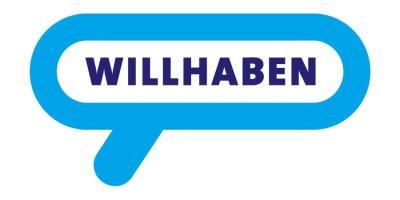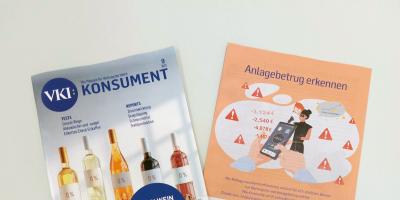A new report has shown that consumers increasingly encounter fraud when making cross-border purchases online.
The European Consumer Centre Network (ECC-Net) set out to highlight the problems and risks faced by consumers when shopping online and to provide them with tips and practical advice on how to recognise and avoid scams. The report, entitled "Fraud in cross-border e-commerce", summarises problems reported by individual consumers to ECC-Net. Please find the report below.
Typical scams
The report found that the most common scams reported to ECC-Net are those involving electronic items, the purchase of used cars online, counterfeit products, alleged free trials, the sale of tickets online and data phishing.
In some situations, consumers pay significant sums of money for tickets that are never delivered, or which may not even exist.
Others are enticed by cheap prices for items such as phones, only for the seller to demand further payment for delivery or customs tariffs. Some have been caught out by notices advertising "free" trials of a product or service but which is actually a front for a costly subscription service.
New threats
With scammers becoming ever-more inventive and their approaches more sophisticated, it is important that consumers remain vigilant and are aware of the latest threats. While new variations of scams emerge daily, often there are common threads which make fraudulent approaches easier to identify. Some of the new frontiers for online fraud include, online dating, animal rescue and those perpetrated via gaming sites and on mobile devices.
One case study
A Bulgarian consumer was contacted by a British seller on Skype. The consumer ordered three mobile phones for a total price of 600 USD which was paid via a money transfer service. The consumer had suspicions about the trader’s credibility, but as the price was so low, he decided to buy anyway. The trader reassured him that he had a legitimate business in the United Kingdom and that he could be easily pursued in case of non-compliance. After a few days the trader requested the consumer pay an additional 750 USD for tax and custom fees. The consumer paid this money but did not receive the phones. He was then asked to pay 1000 USD more. The consumer did not agree and asked for his money back. The trader never reimbursed him or delivered the phones.
Tips & tricks
Avoid being scammed
The report provides tips, checklists and table of institutions to report a scam for consumers. ECC-Net recommends consumers to:
- remember, if an offer seems too good to be true, it more than likely is
- verify where the website is located
- pay with a safe payment method
- verify the information provided by the trader; look for trustmarks
- think about the way the traders present themselves
- be careful with your personal data.
ECC-Net acts as adviser
ECC-Net’s competence in the event of a fraud is limited as their role is mainly to give advice on consumer rights and assist in solving trade disputes with honest traders.
In fraud cases, as the trader is usually difficult to locate and, further, as fraud is considered criminal behaviour, consumers are always advised to report the matter to police or criminal enforcement authorities.
They can also try to obtain a refund from their credit card company.
At EU level, the European Cybercrime Centre provides a platform for the coordination of national police investigations on cybercrime activities.
In Austria the Federal Criminal Police Office (Bundeskriminalamt) is the national contact point: against-cybercrime@bmi.gv.at








